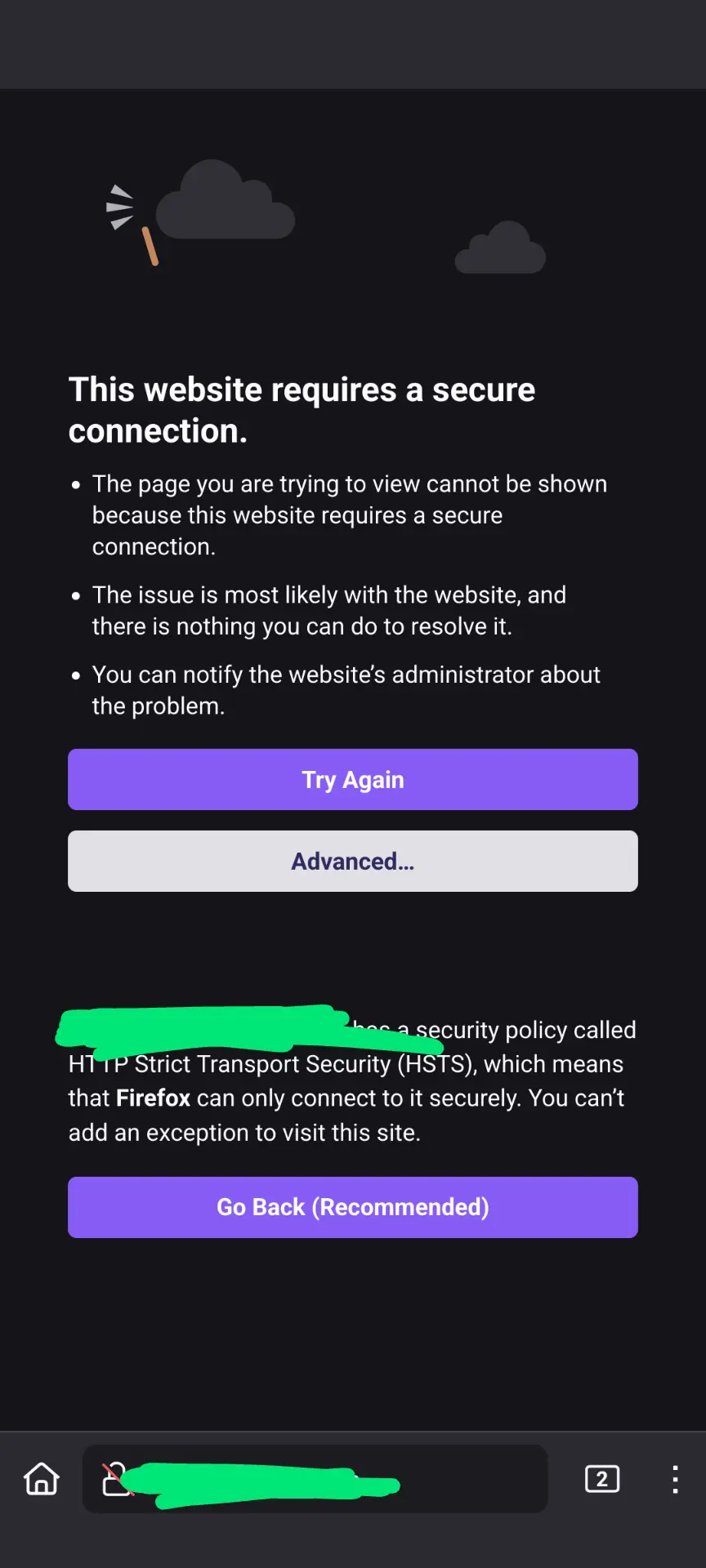Selfhosted
A place to share alternatives to popular online services that can be self-hosted without giving up privacy or locking you into a service you don't control.
Rules:
-
Be civil: we're here to support and learn from one another. Insults won't be tolerated. Flame wars are frowned upon.
-
No spam posting.
-
Posts have to be centered around self-hosting. There are other communities for discussing hardware or home computing. If it's not obvious why your post topic revolves around selfhosting, please include details to make it clear.
-
Don't duplicate the full text of your blog or github here. Just post the link for folks to click.
-
Submission headline should match the article title (don’t cherry-pick information from the title to fit your agenda).
-
No trolling.
Resources:
- selfh.st Newsletter and index of selfhosted software and apps
- awesome-selfhosted software
- awesome-sysadmin resources
- Self-Hosted Podcast from Jupiter Broadcasting
Any issues on the community? Report it using the report flag.
Questions? DM the mods!
view the rest of the comments

They may block IP addresses associated with consumer ISPs. Assuming that's the case, I would guess you're seeing that as an HSTS/TLS error because their network is trying to trick your browser into redirecting to/displaying an error page hosted by some part of their network.
Once a browser has seen an HSTS flag it will never attempt a non-TLS connection to that site (unless it successfully makes a TLS connection and the flag is gone).
This error is caused by a bad certificate. It can show up if your certificate expired, for instance. It's confusing that the HSTS error takes precedence, I think the bad certificate should take precedence but there you have it.
My money is on the hospital trying to use TLS stripping.